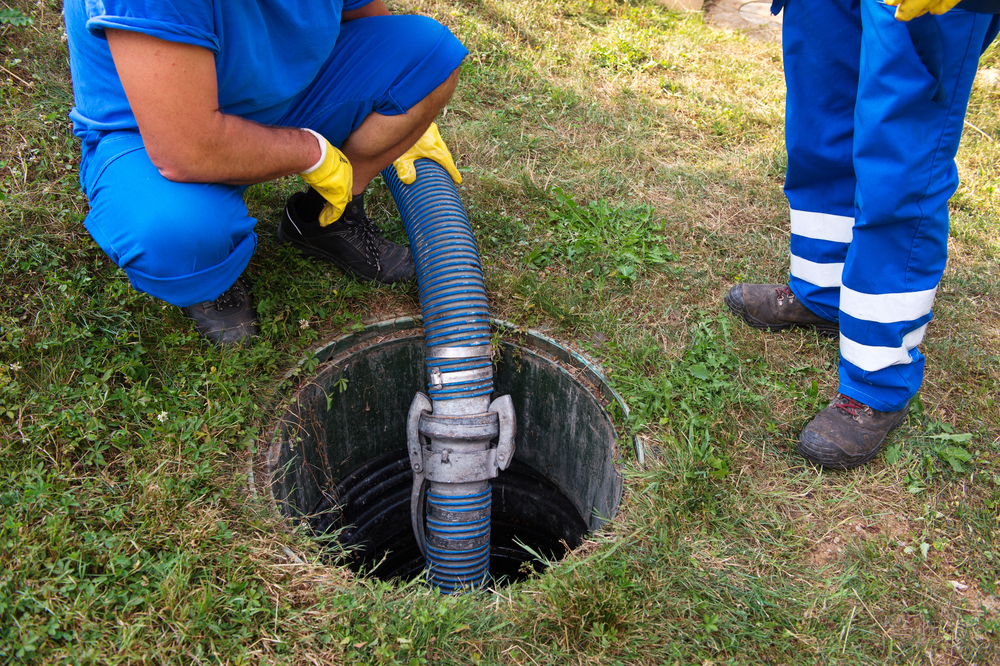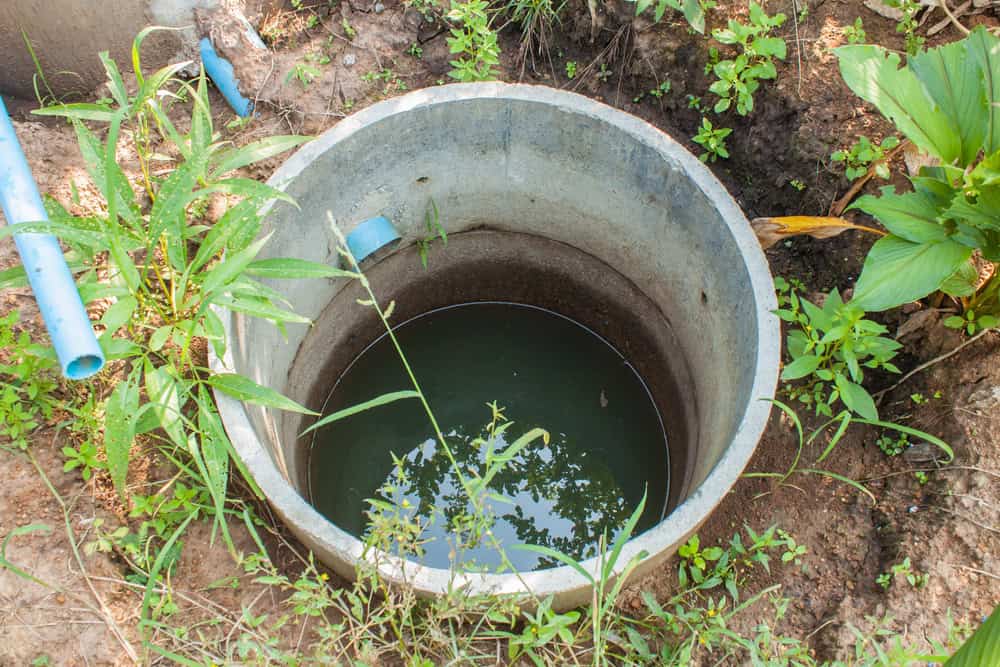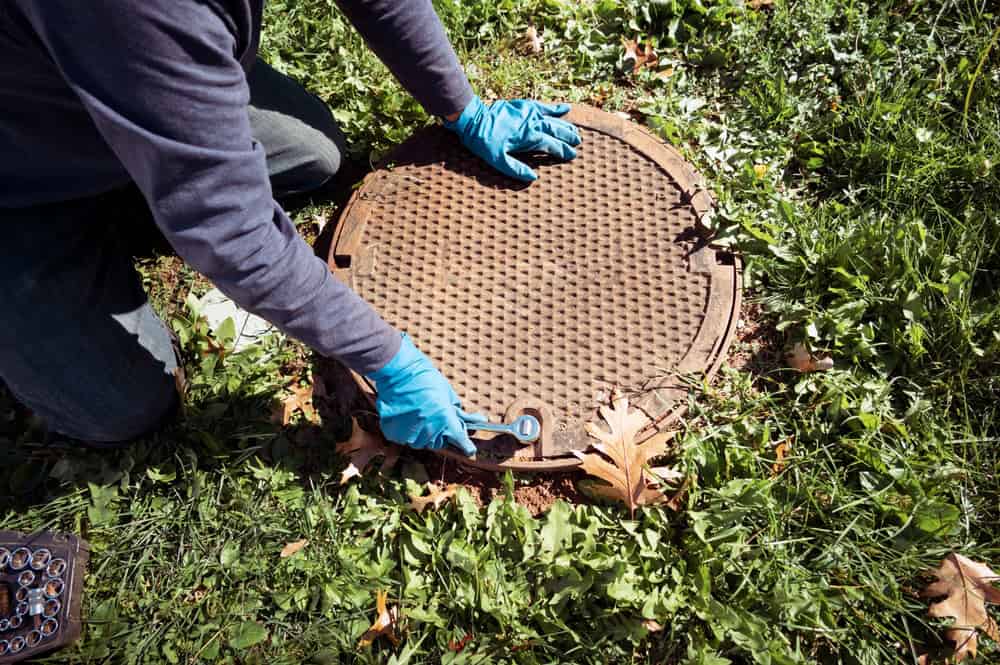How to Properly Maintain Your Cesspool: A Step-by-Step Guide for Homeowners
Maintaining a cesspool is an important part of keeping your home safe and sanitary. Proper maintenance of your cesspool will help ensure that it functions properly and that your home remains free of hazardous waste. This guide will provide you with a step-by-step guide for properly maintaining your cesspool.
Step 1: Inspect Your Cesspool Regularly
Inspecting your cesspool regularly is essential for ensuring that it is functioning properly. Look for any signs of damage or deterioration, such as cracks, holes, or other structural issues. If you notice any of these issues, contact a professional for repairs.
Step 2: Pump Out Your Cesspool
Pumping out your cesspool is an important part of its maintenance. Depending on the size of your cesspool, you may need to pump it out every few months or every year. If you are unsure of how often you should pump out your cesspool, contact a professional for advice.
Step 3: Monitor Your Cesspool’s Water Level
Monitoring your cesspool’s water level is important for ensuring that it is functioning properly. If the water level is too low, it could indicate a problem with the cesspool’s drainage system. If the water level is too high, it could indicate a blockage or other issue.
Step 4: Check for Leaks
Checking for leaks is an important part of maintaining your cesspool. Look for any signs of water seeping out of the cesspool or any wet spots around the area. If you notice any leaks, contact a professional for repairs.
Step 5: Use the Right Chemicals
Using the right chemicals is essential for keeping your cesspool functioning properly. Avoid using harsh chemicals, as they can damage the cesspool’s lining and cause other issues. Instead, use a cesspool-safe chemical to help break down waste and keep the cesspool clean.
Step 6: Contact a Professional
If you are unsure of how to properly maintain your cesspool or if you notice any issues, contact a professional for advice. A professional can help you identify any problems and provide you with the necessary repairs or maintenance.
By following these steps, you can ensure that your cesspool is properly maintained and that your home remains safe and sanitary. Proper maintenance of your cesspool is essential for keeping your home free of hazardous waste and ensuring that it functions properly.
The Benefits of Regular Cesspool Maintenance: Why Homeowners Shouldn’t Neglect Their Cesspools
Cesspools are an important part of many homes’ wastewater systems, and regular maintenance is essential for keeping them functioning properly. Homeowners should not neglect their cesspools, as regular maintenance can help to prevent costly repairs and ensure that the cesspool is working efficiently.
The most important benefit of regular cesspool maintenance is that it helps to prevent costly repairs. Cesspools are designed to last for many years, but they can become damaged if they are not properly maintained. Regular maintenance can help to identify any potential problems before they become serious, allowing homeowners to address them before they become expensive to repair.
Regular maintenance can also help to ensure that the cesspool is working efficiently. Cesspools can become clogged or blocked if they are not regularly maintained, which can lead to wastewater backing up into the home. Regular maintenance can help to identify any blockages or clogs before they become serious, allowing homeowners to address them quickly and easily.
Finally, regular maintenance can help to extend the life of the cesspool. Cesspools are designed to last for many years, but they can become damaged if they are not properly maintained. Regular maintenance can help to identify any potential problems before they become serious, allowing homeowners to address them before they become expensive to repair.
In conclusion, regular cesspool maintenance is essential for keeping them functioning properly. Homeowners should not neglect their cesspools, as regular maintenance can help to prevent costly repairs and ensure that the cesspool is working efficiently. Regular maintenance can also help to extend the life of the cesspool, saving homeowners money in the long run.
Common Cesspool Maintenance Mistakes: What Homeowners Should Avoid Doing
Homeowners should be aware of the common mistakes that can be made when it comes to maintaining a cesspool. Neglecting regular maintenance can lead to costly repairs and even health risks. Here are some of the most common mistakes to avoid when it comes to cesspool maintenance:
1. Not Pumping Regularly: Cesspools should be pumped out every three to five years, depending on the size and usage. Failing to do so can lead to a buildup of solids, which can cause blockages and other problems.
2. Not Inspecting the System: Regular inspections of the cesspool should be done to ensure that it is functioning properly. This includes checking for any cracks or leaks, as well as checking the levels of the liquid and solid waste.
3. Not Treating the System: Cesspools should be treated with a bacteria-based product to help break down the solids and keep the system functioning properly.
4. Not Maintaining the Surrounding Area: The area around the cesspool should be kept clear of debris and vegetation. This will help to prevent blockages and other problems.
5. Not Using the Right Products: Only products specifically designed for cesspools should be used. Using the wrong products can cause damage to the system and lead to costly repairs.
By avoiding these common mistakes, homeowners can ensure that their cesspools are functioning properly and safely. Regular maintenance and inspections are essential for keeping the system in good working order.



